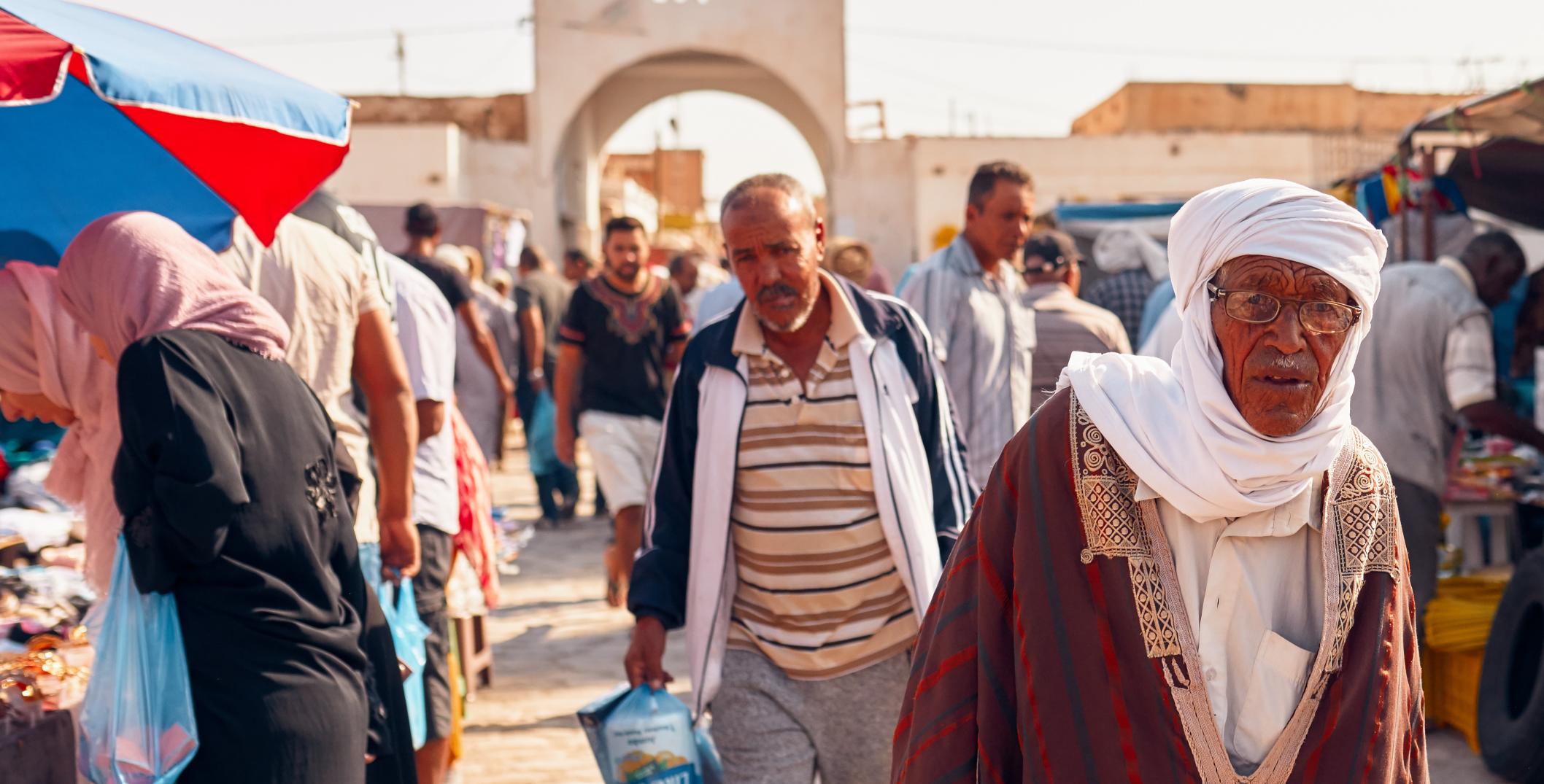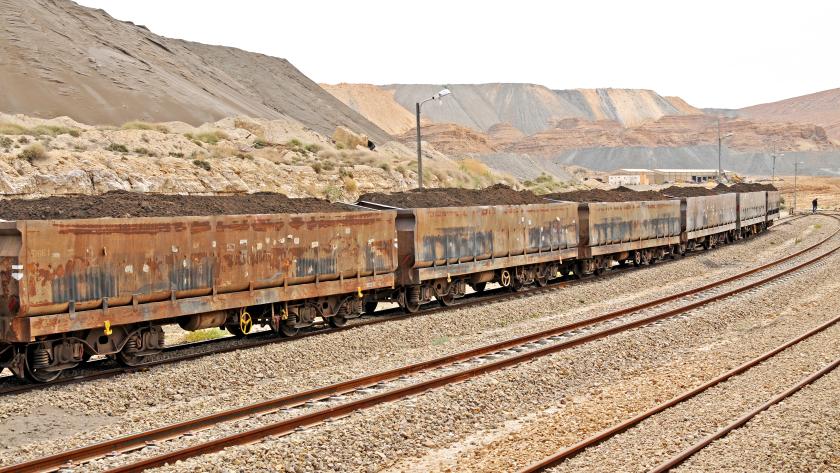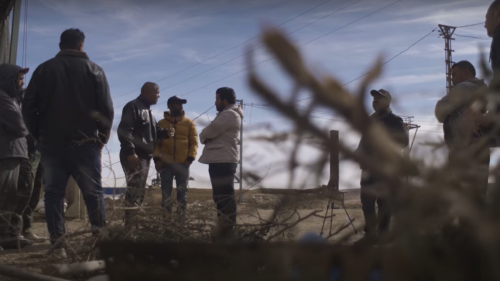
Tunisia
As Tunisia faces a significant energy deficit and reduced revenues from phosphate mining, it seeks to develop renewable energies and extract gas.
Tunisia is at a crucial juncture. Phosphate production has significantly decreased and no longer provides meaningful revenues. The country is unable to meet its significant energy deficit without relying on imports, which contributes to a growing national debt. The government must resolve social tensions around mining and its environmental impact in order to end sustained protests and disruptions in phosphate-rich regions. The country is increasingly investing in renewable energies, including solar and wind, but not enough to meet domestic power demand.
As the extractive and energy sectors evolve, Tunisian officials must reform legal and institutional frameworks so that they are fit for purpose. And while the government has improved transparency, the country still needs inclusive, multistakeholder dialogue. This is essential for resolving community grievances and preventing civic unrest. In Tunisia NRGI provides officials with advice on improving openness and accountability, and works with civil society organizations to strengthen their role in amplifying citizen concerns.
Resource Governance Index
The 2021 RGI assessed the governance of Tunisia's mining and hydrocarbon sectors.
Related NRGI team members

Abir Yahyaoui
Tunisia Officer

Hanen Keskes
Middle East and North Africa Senior Officer

Wissem Heni
Tunisia Country Manager


